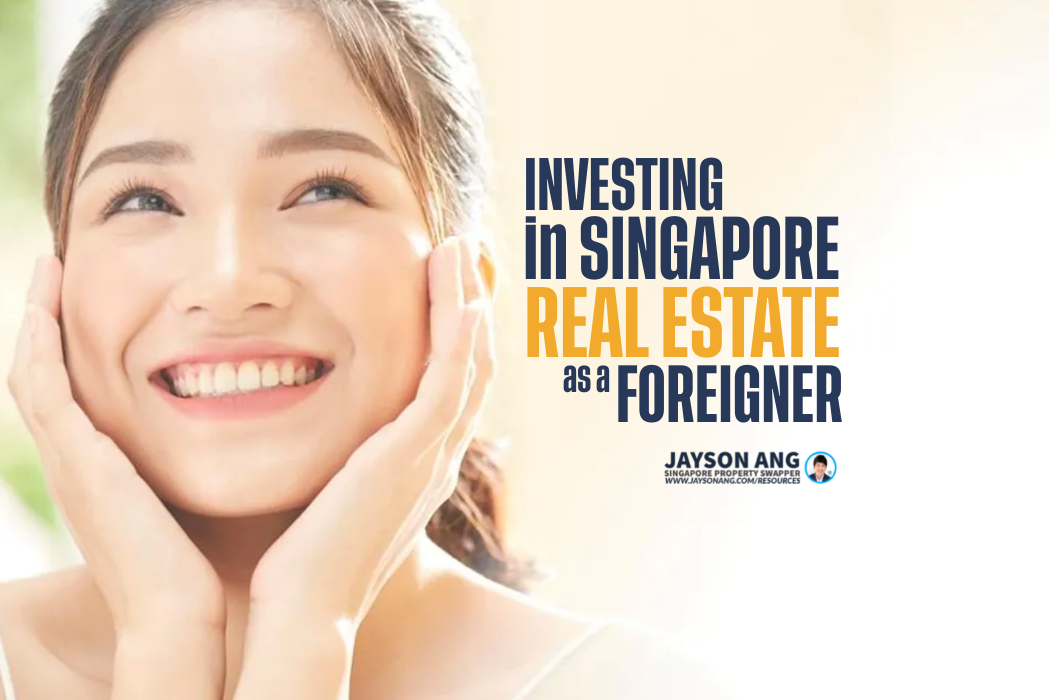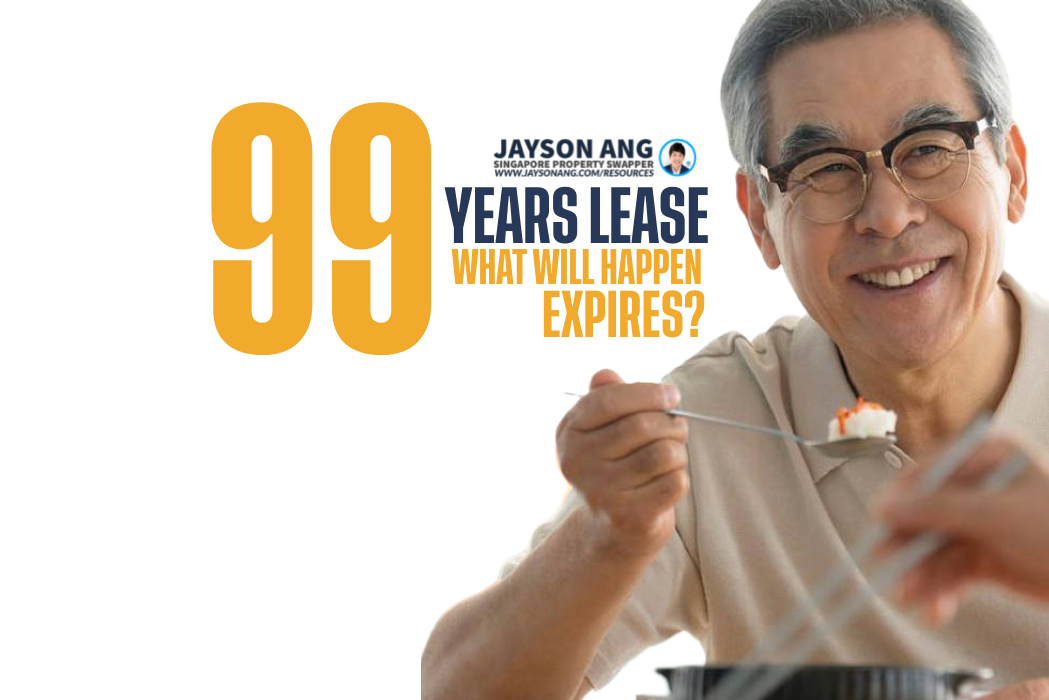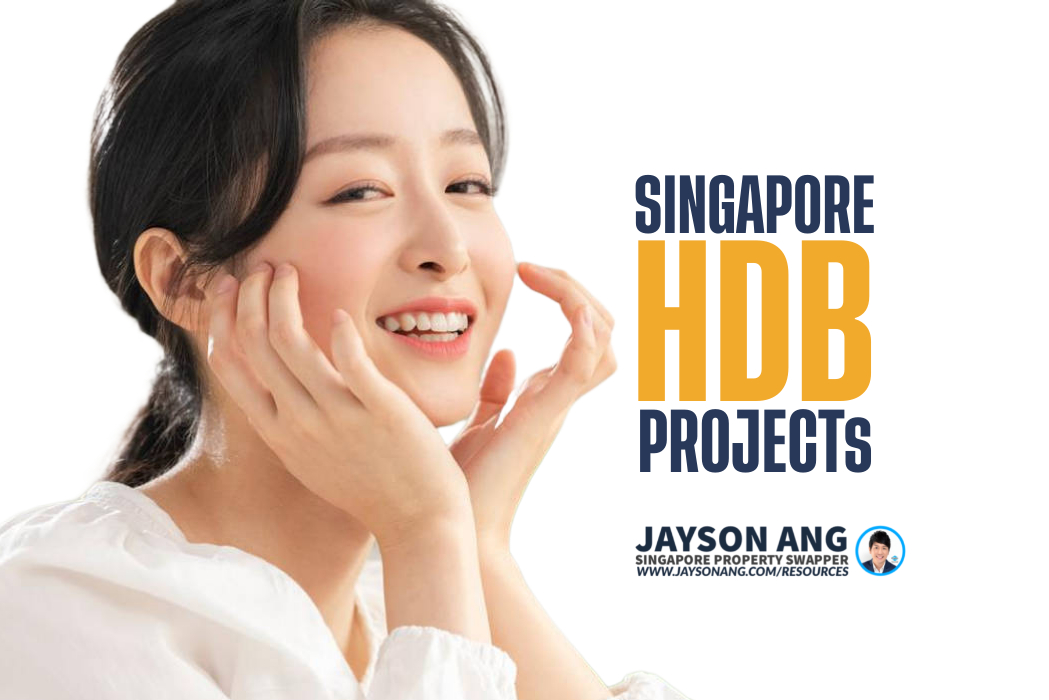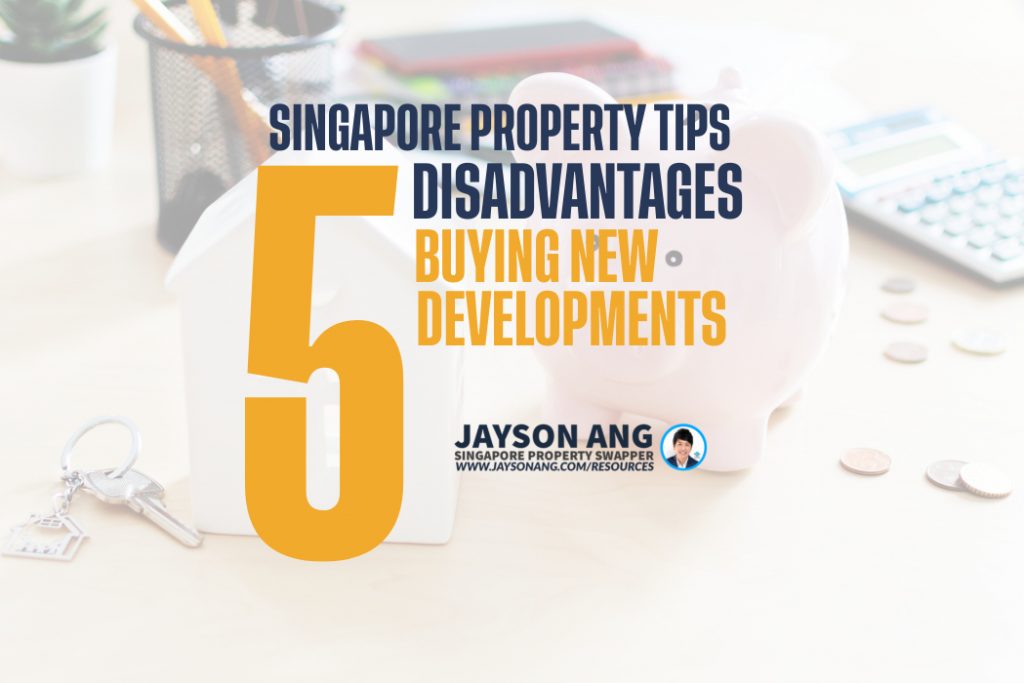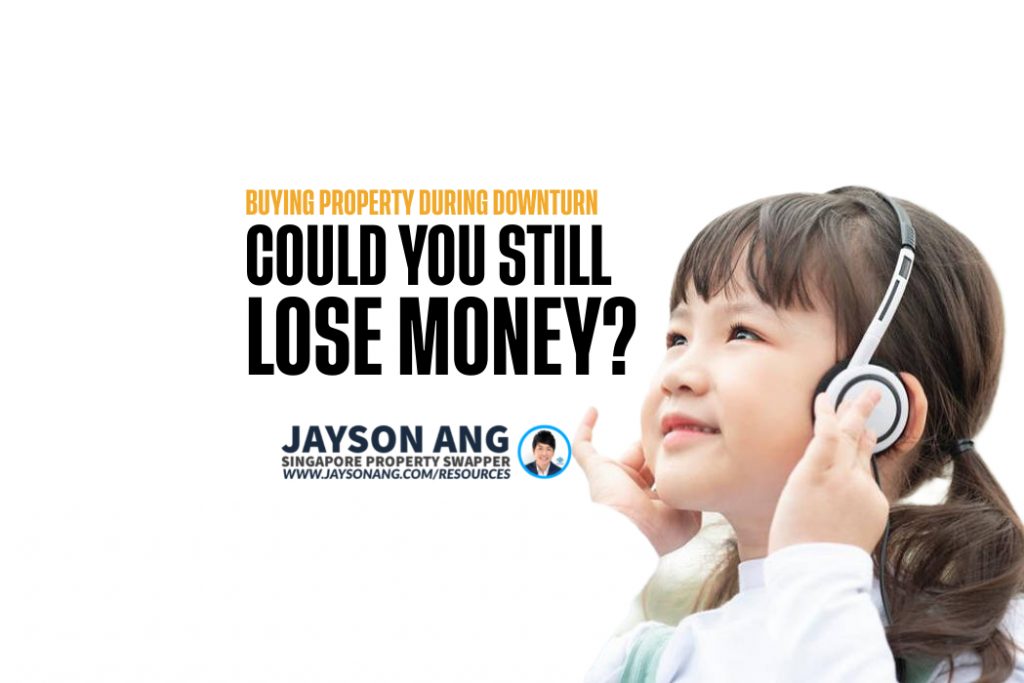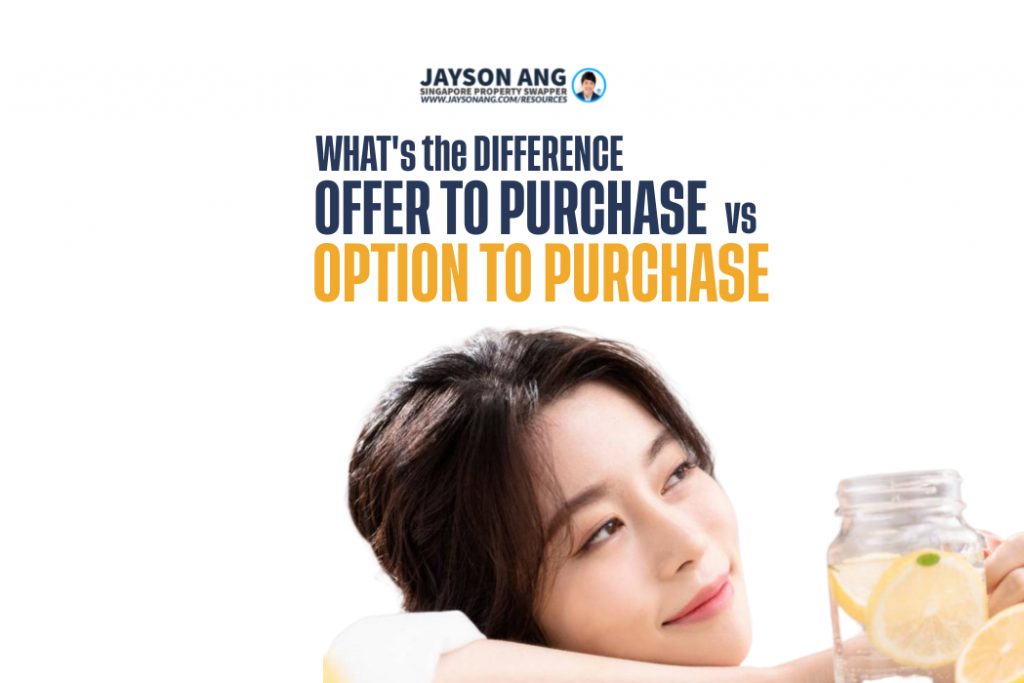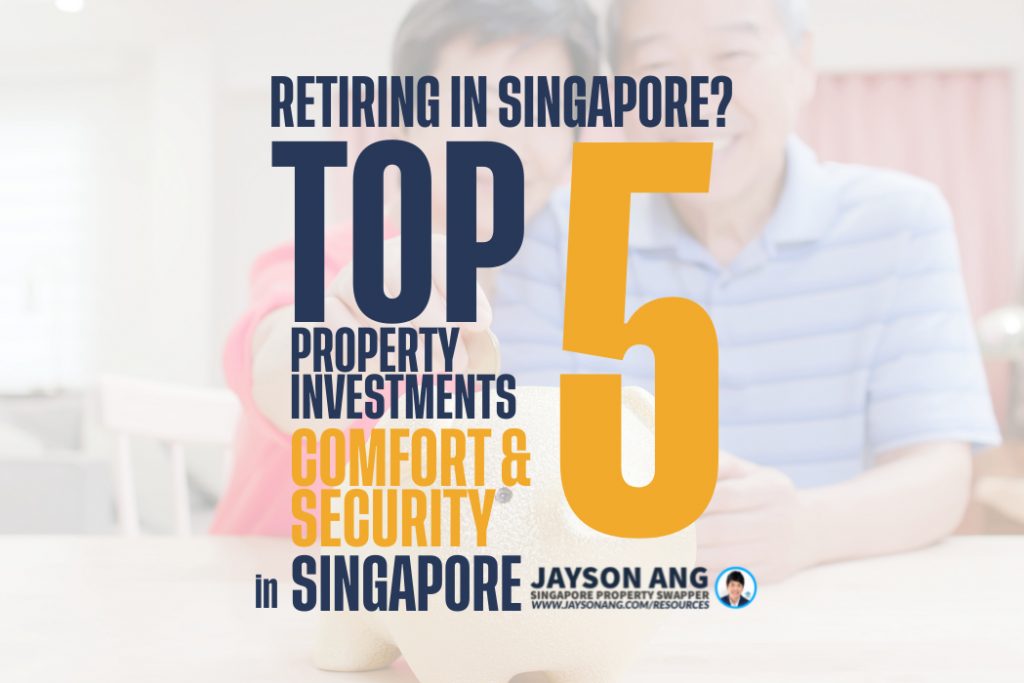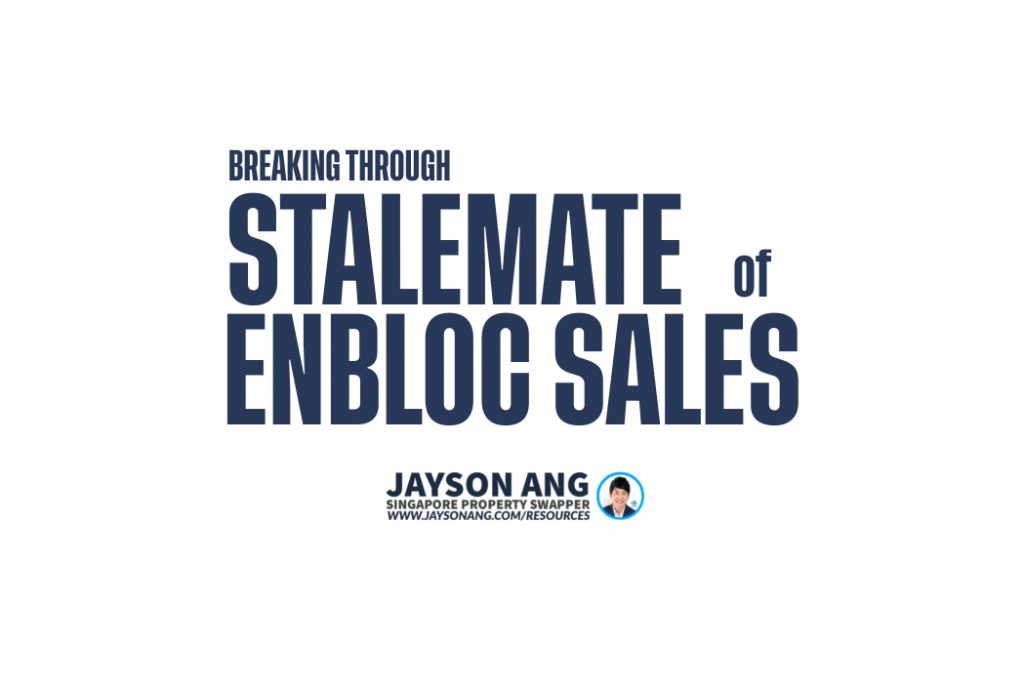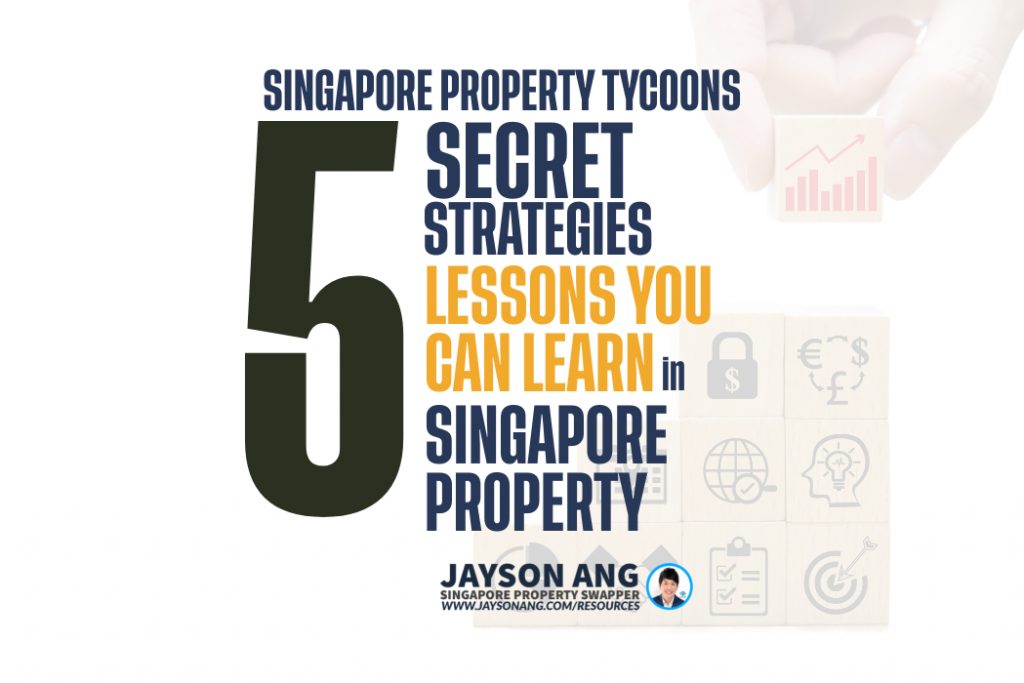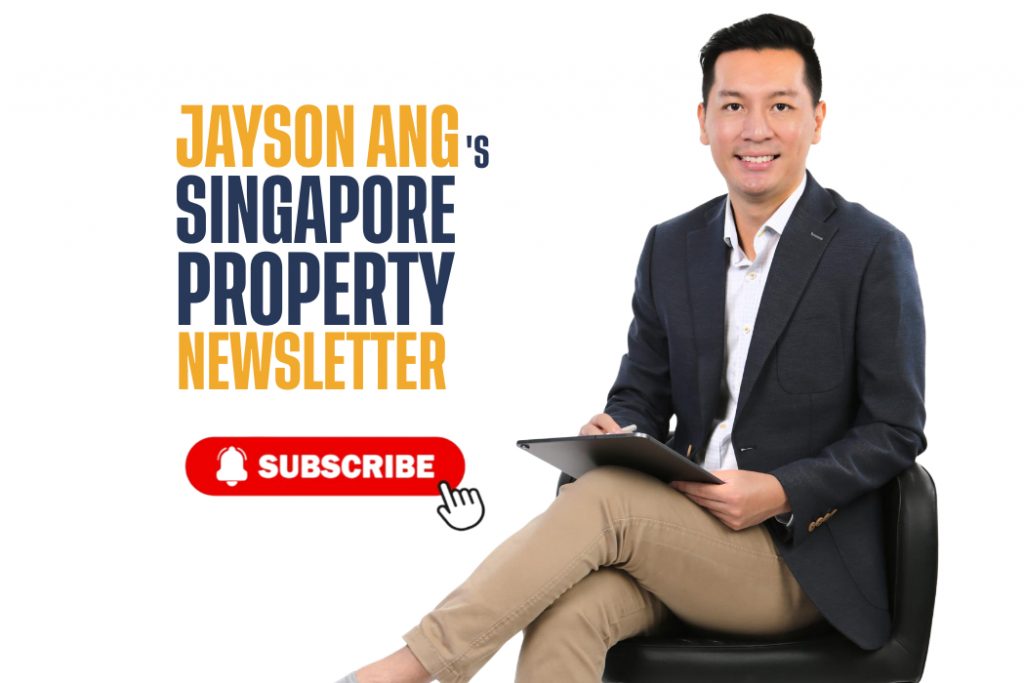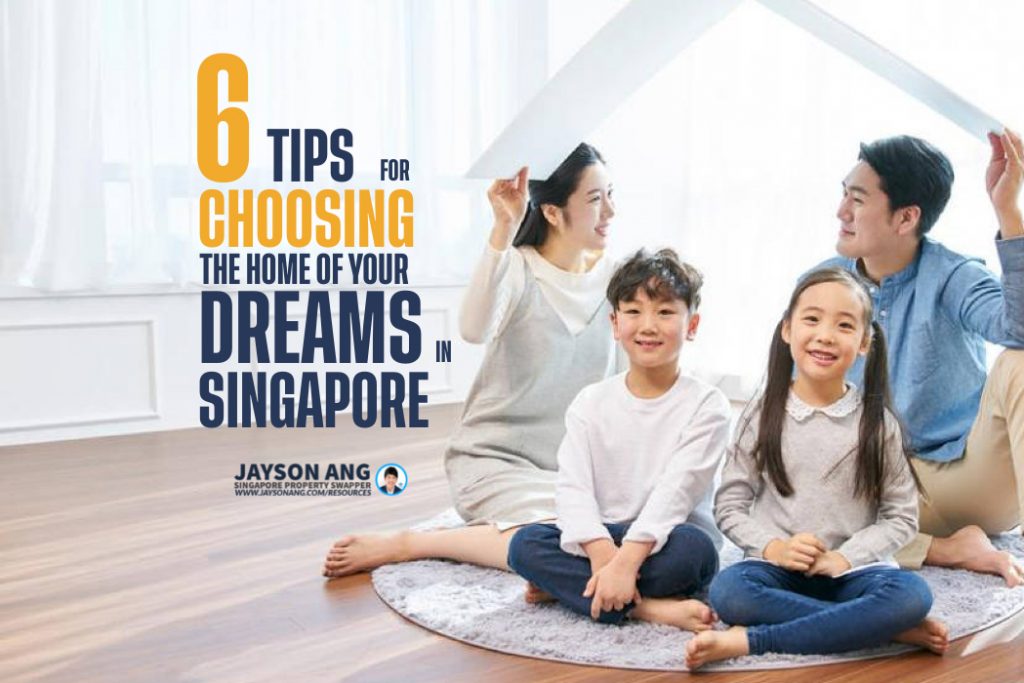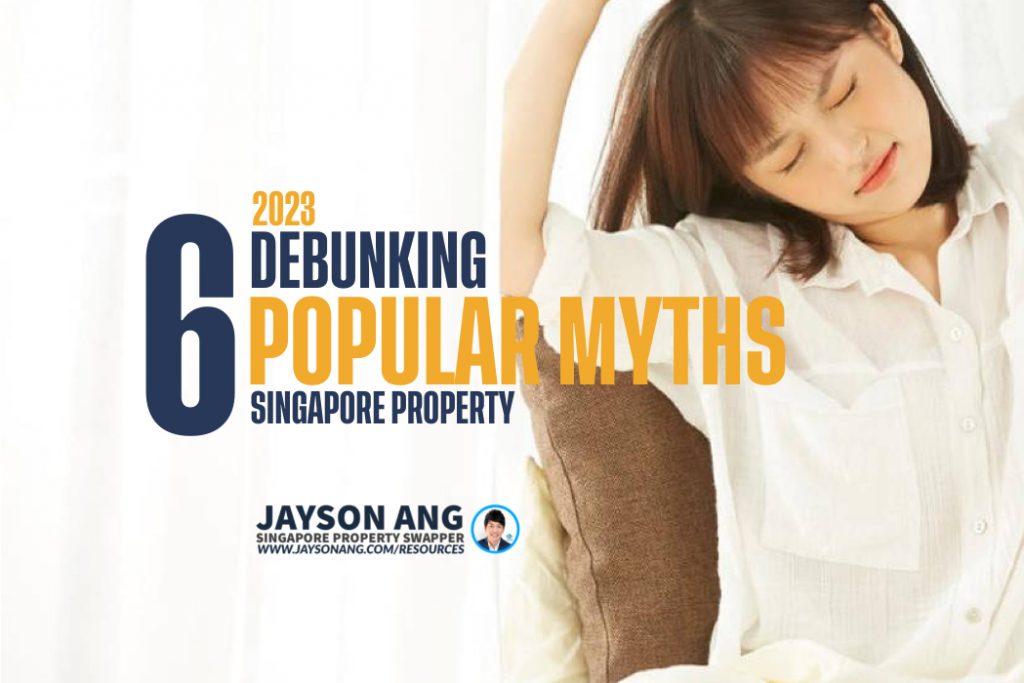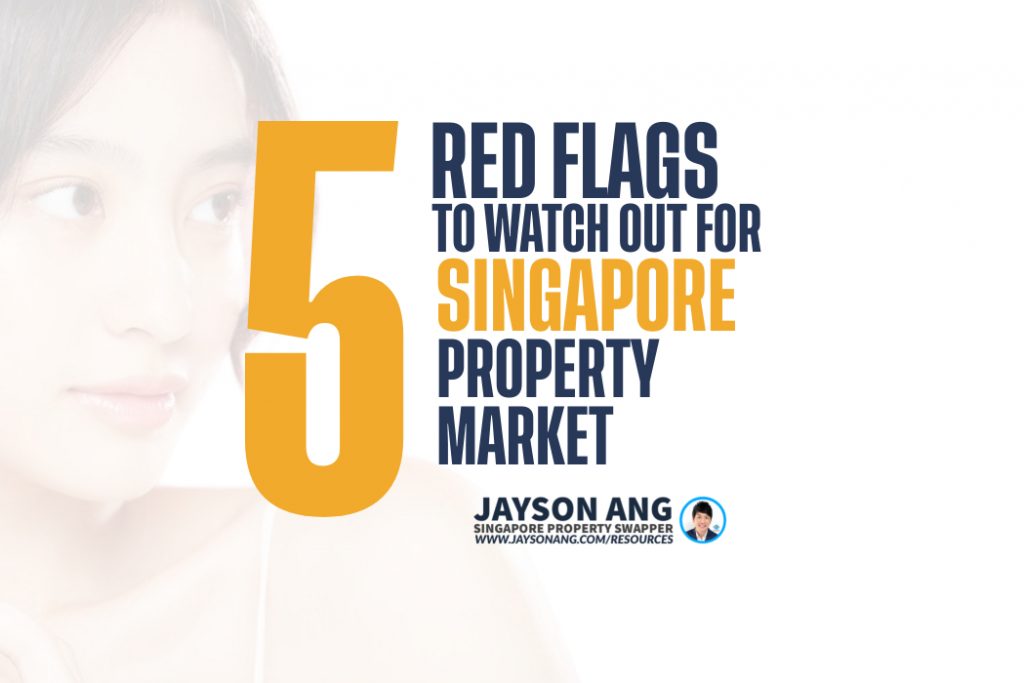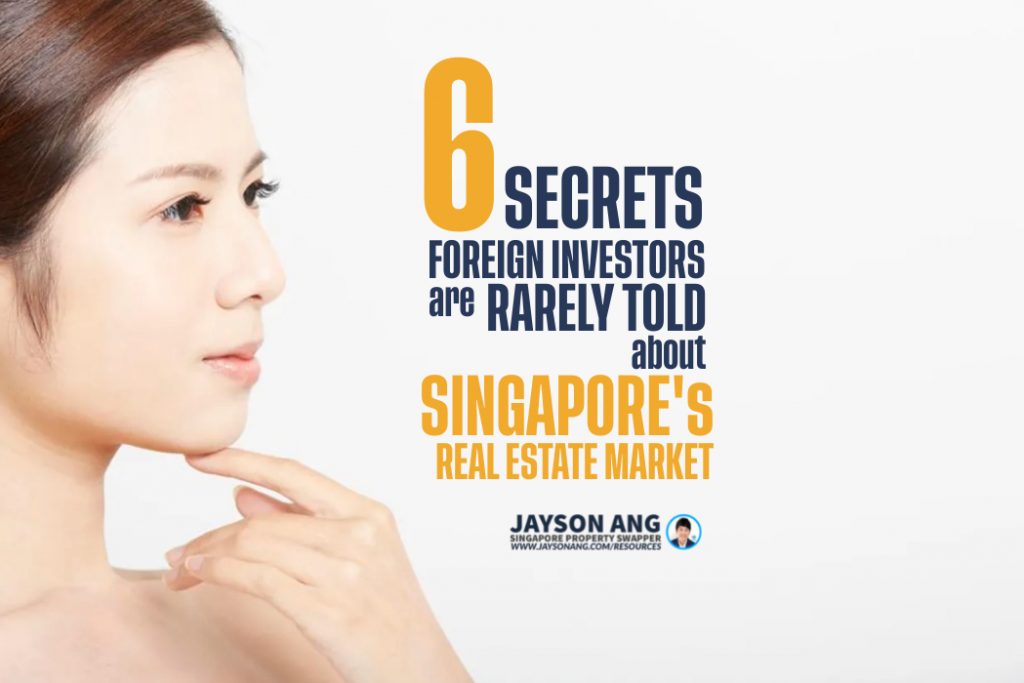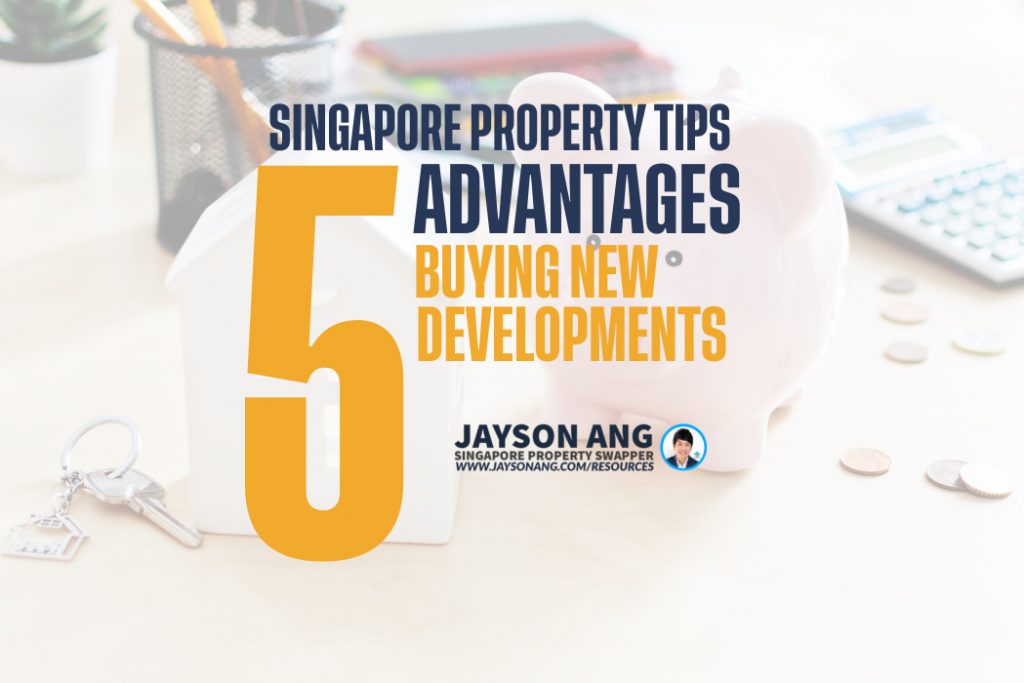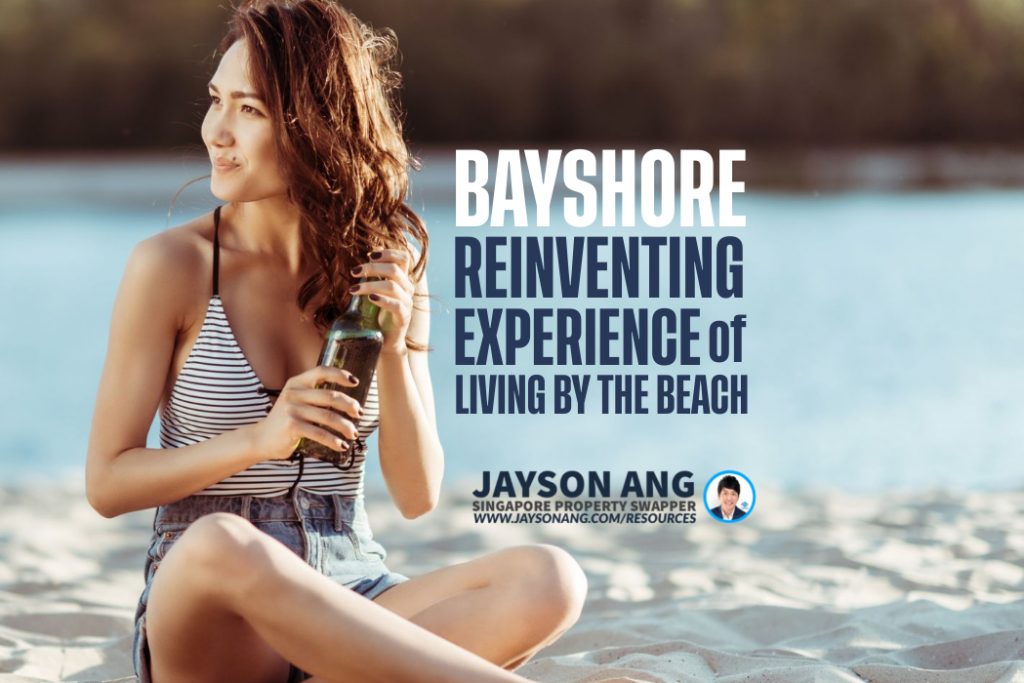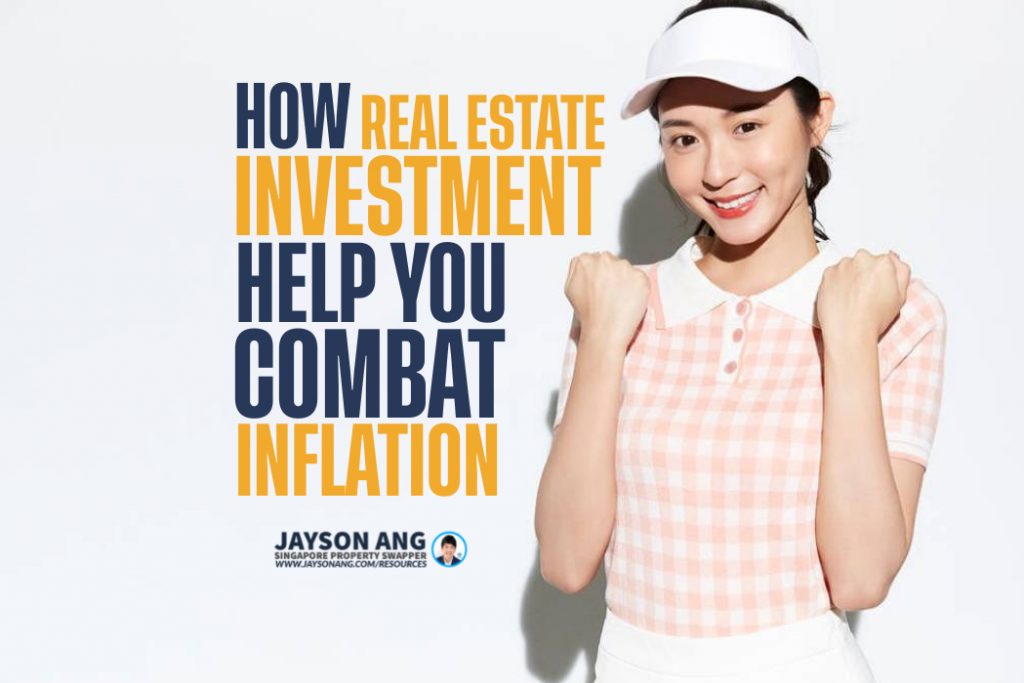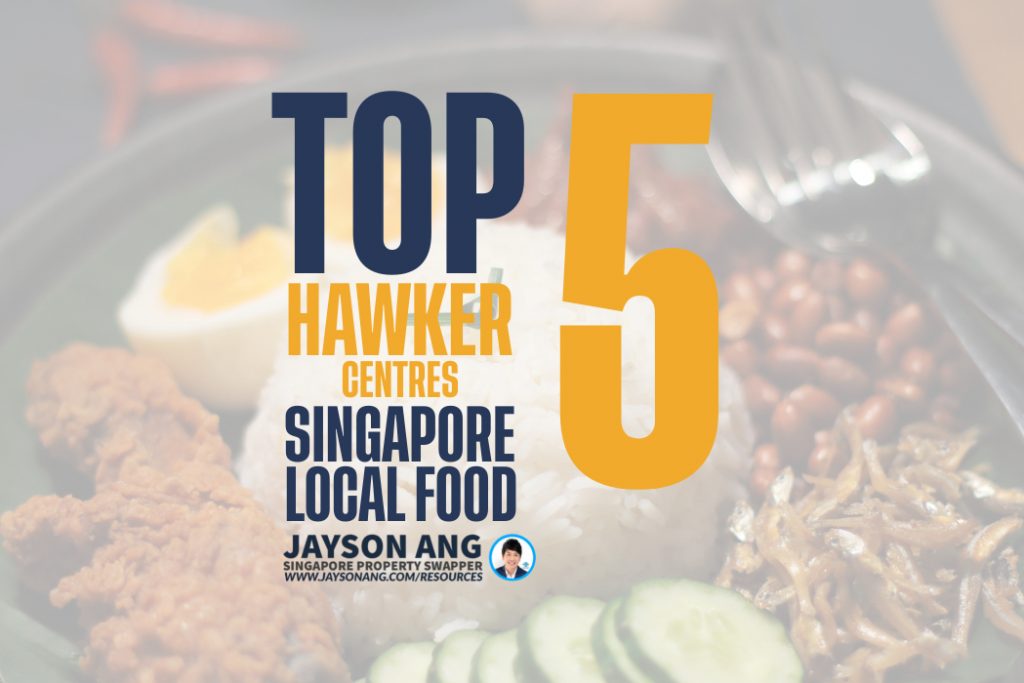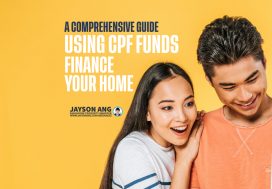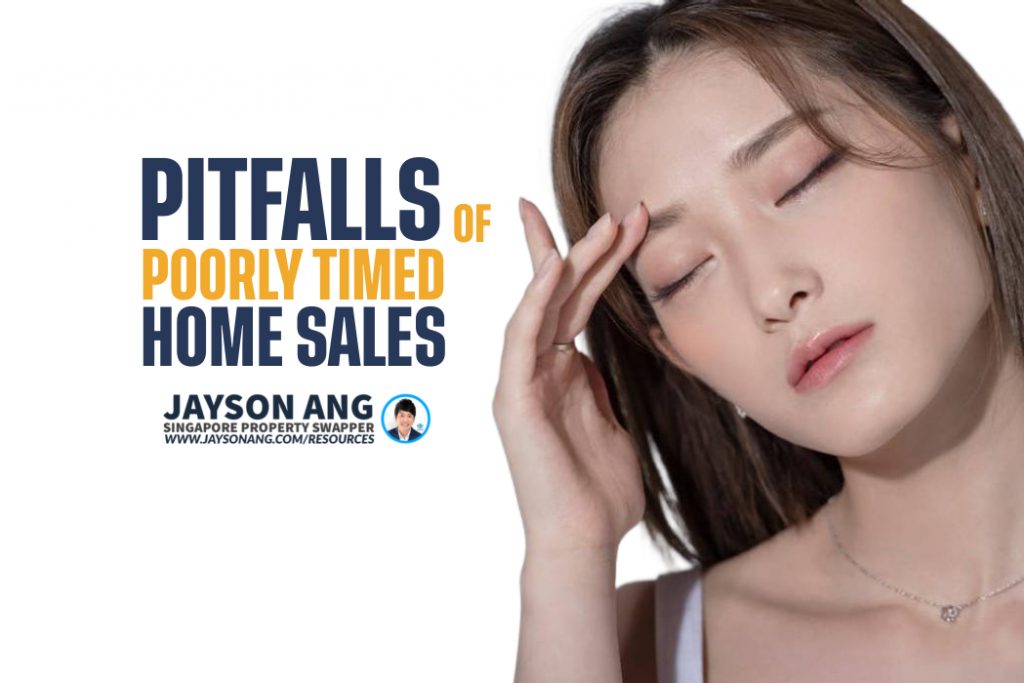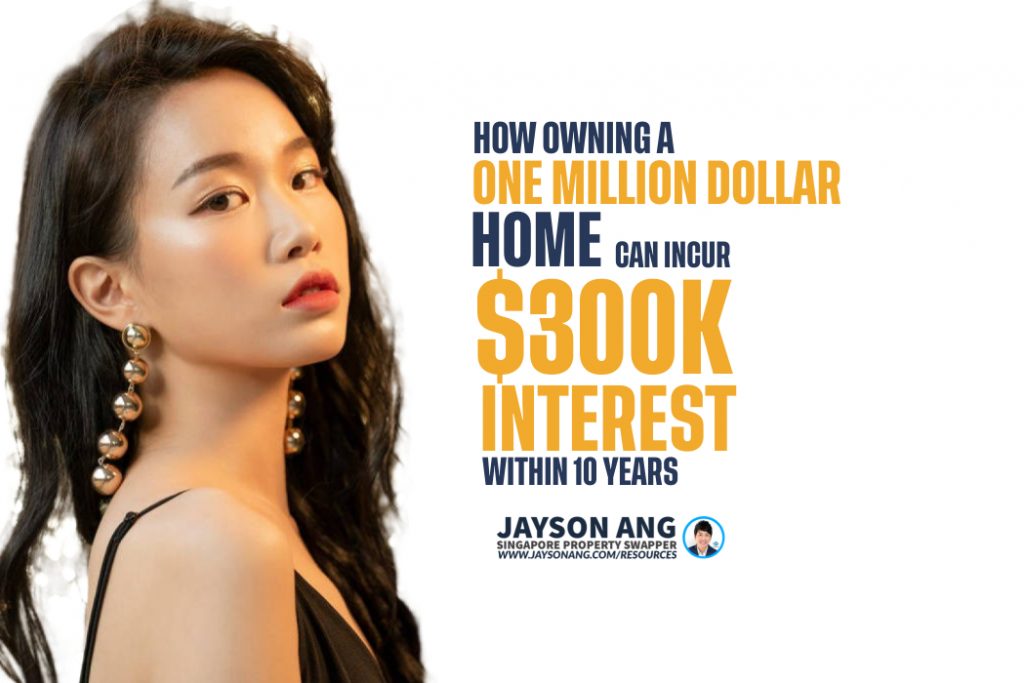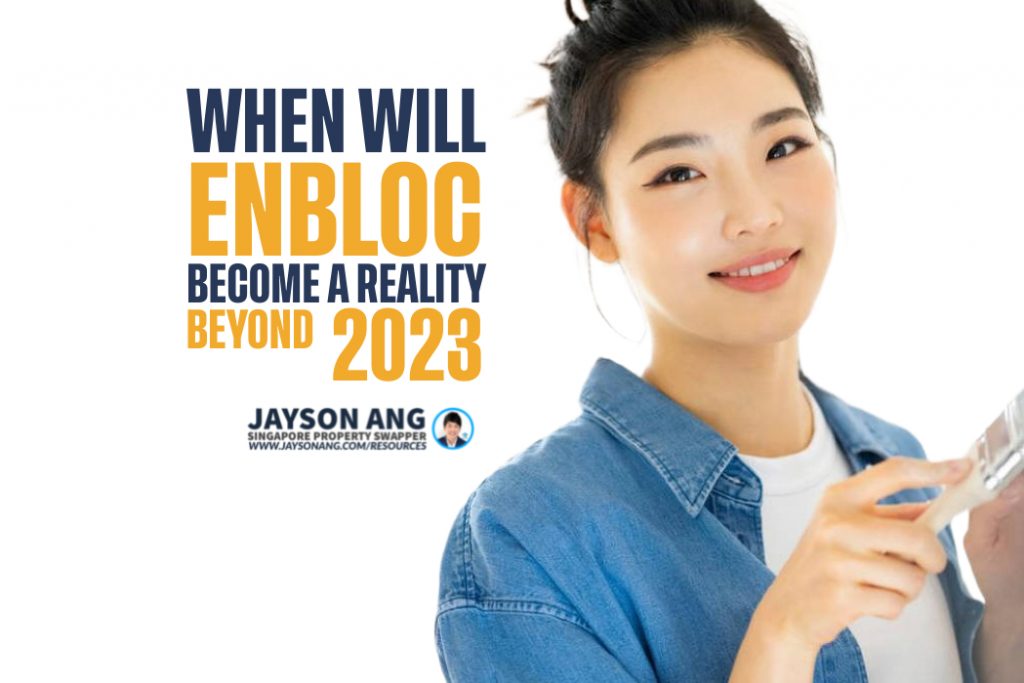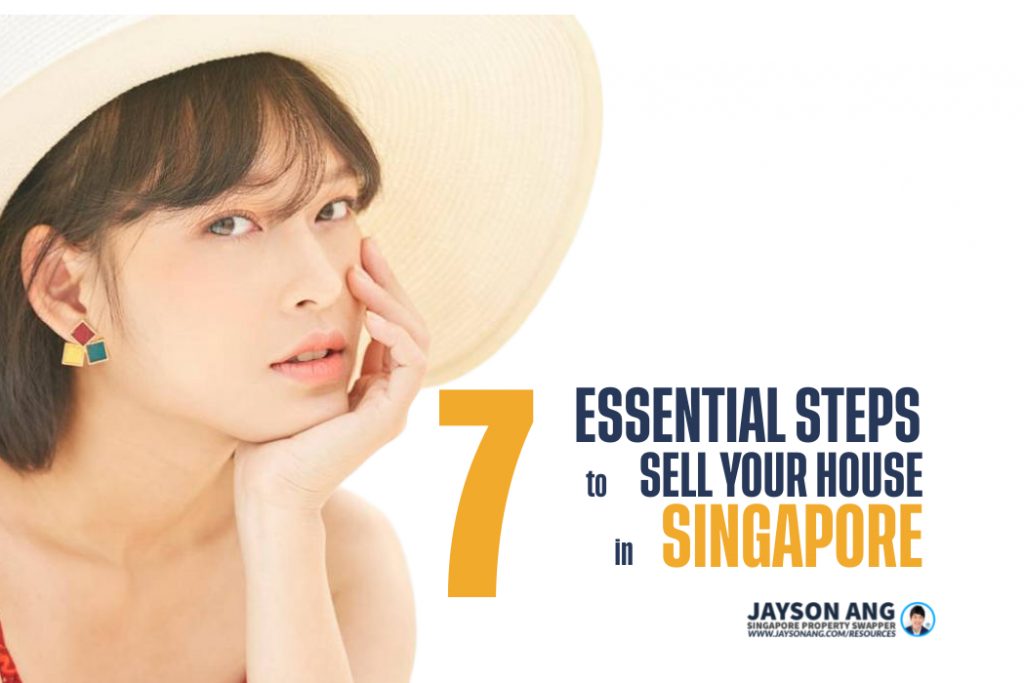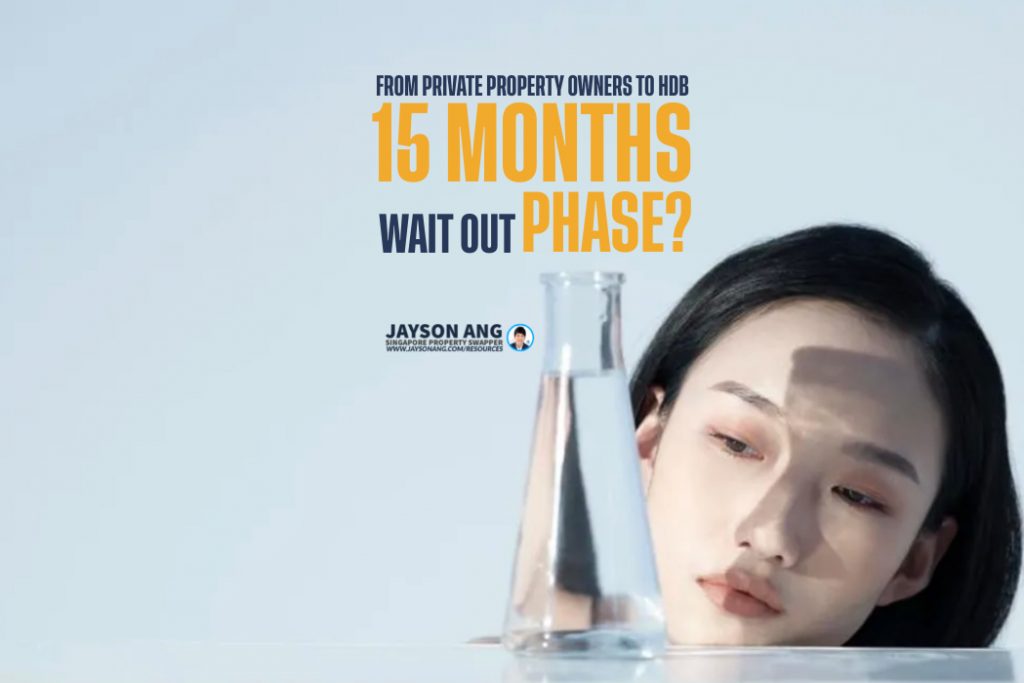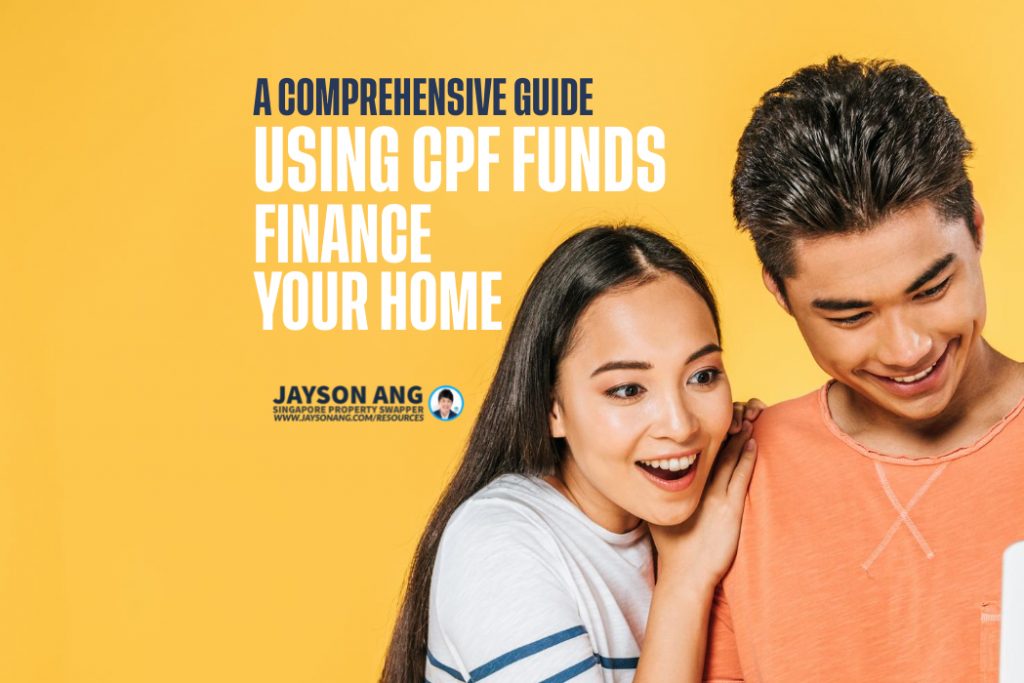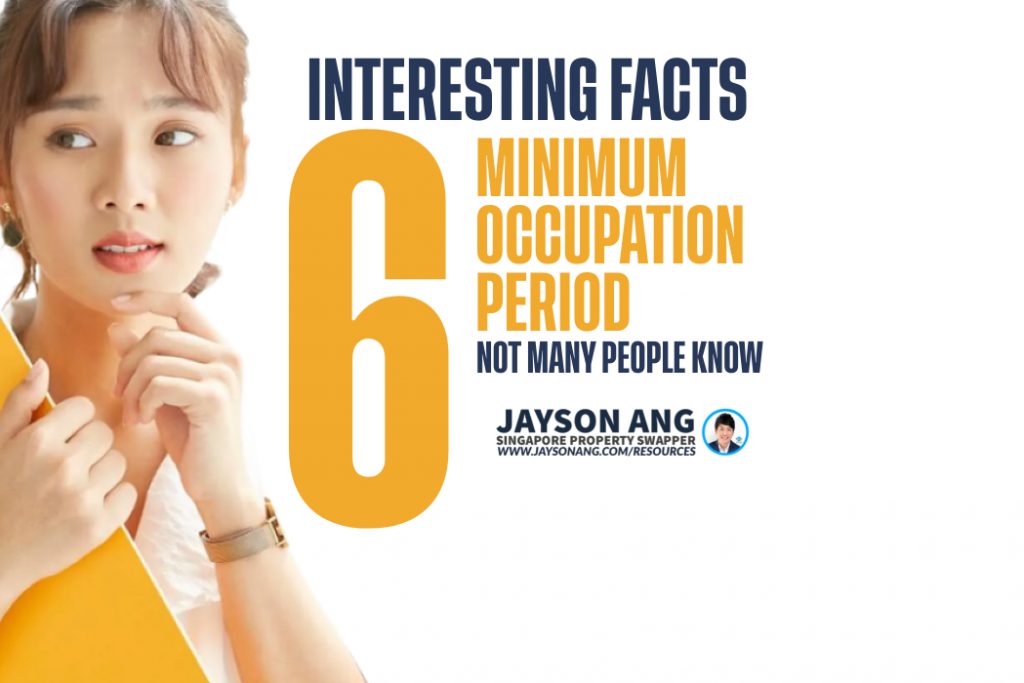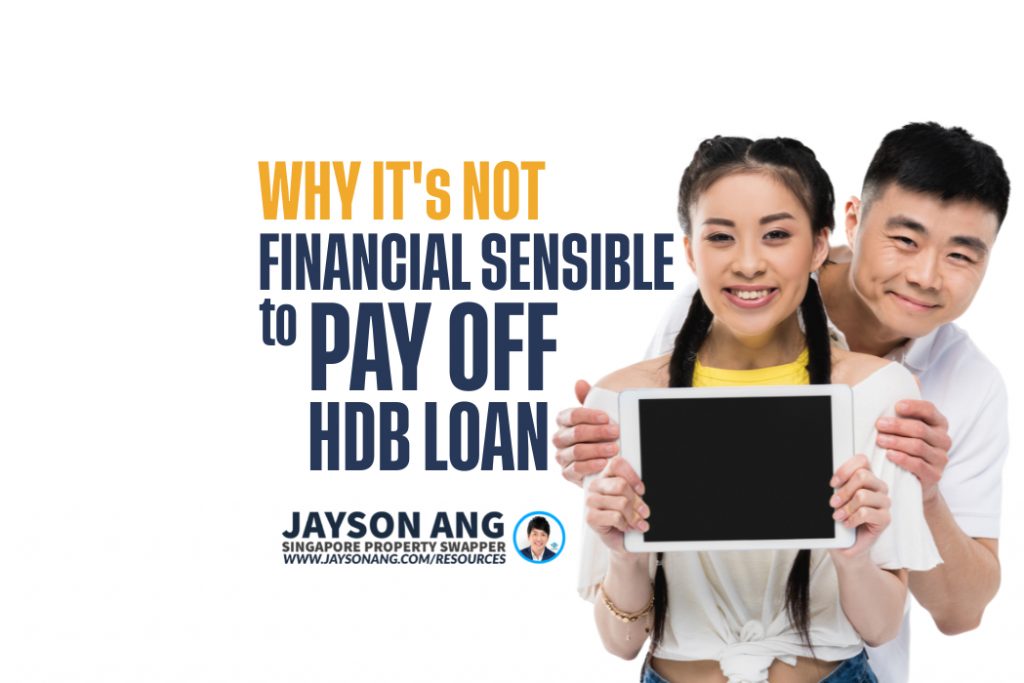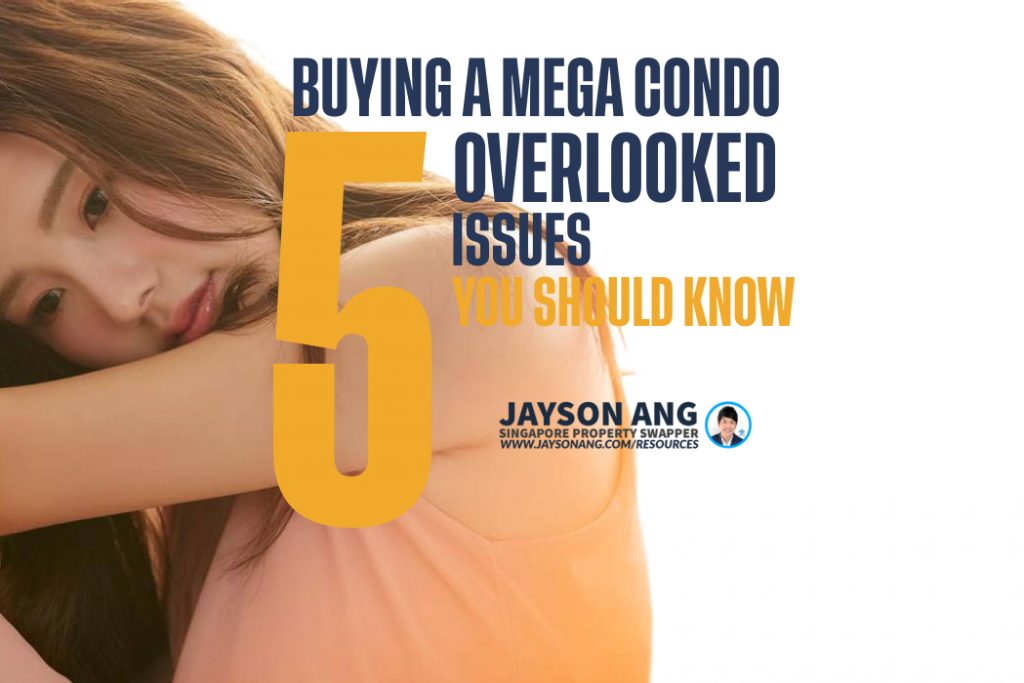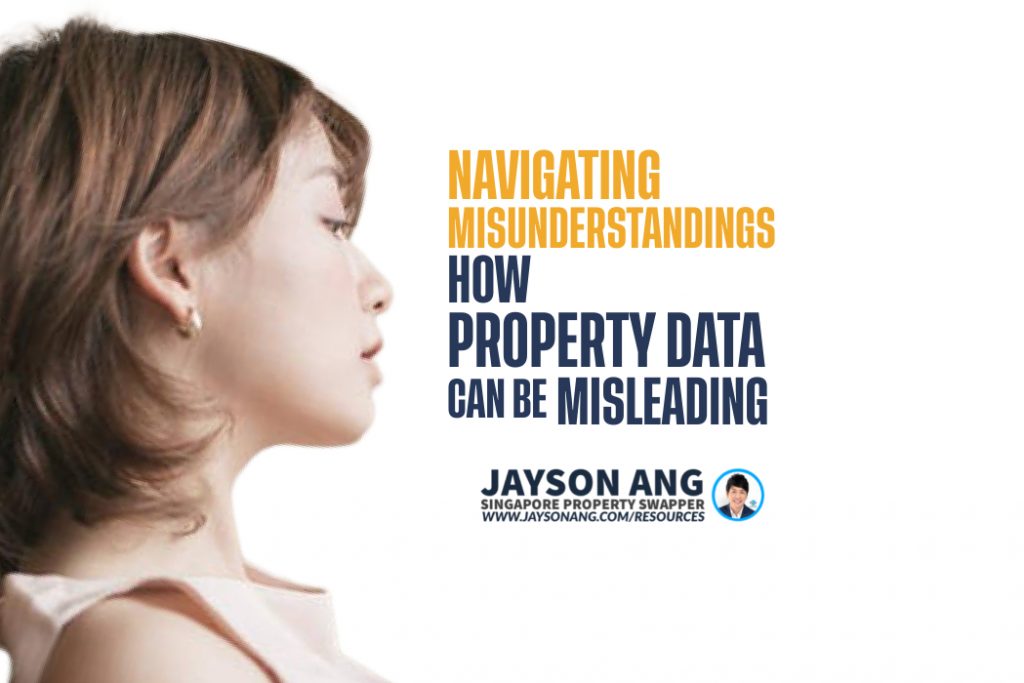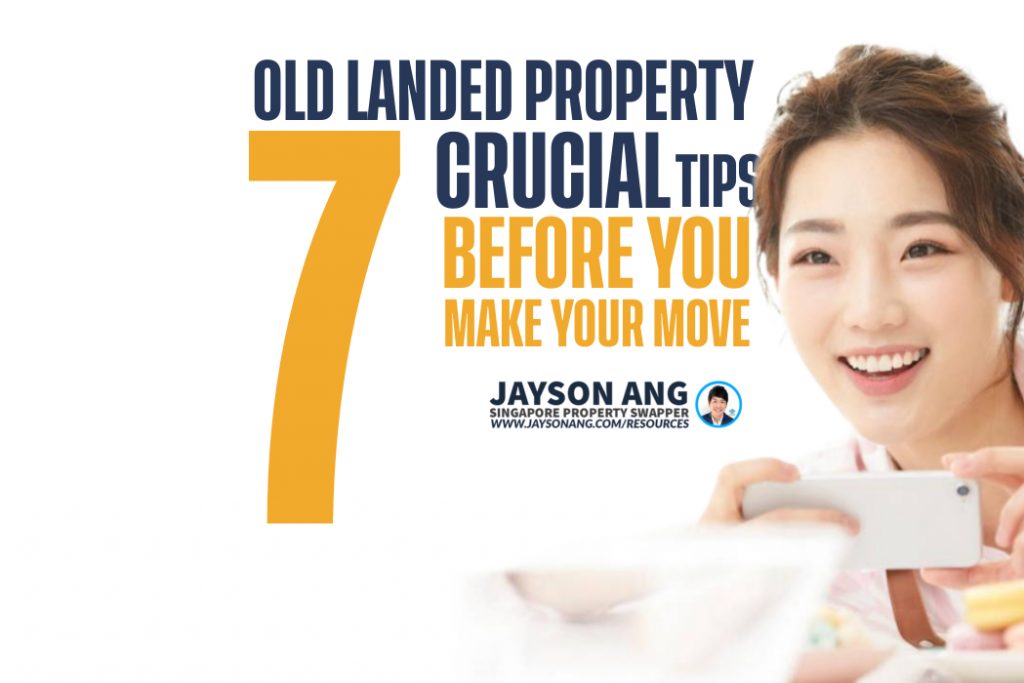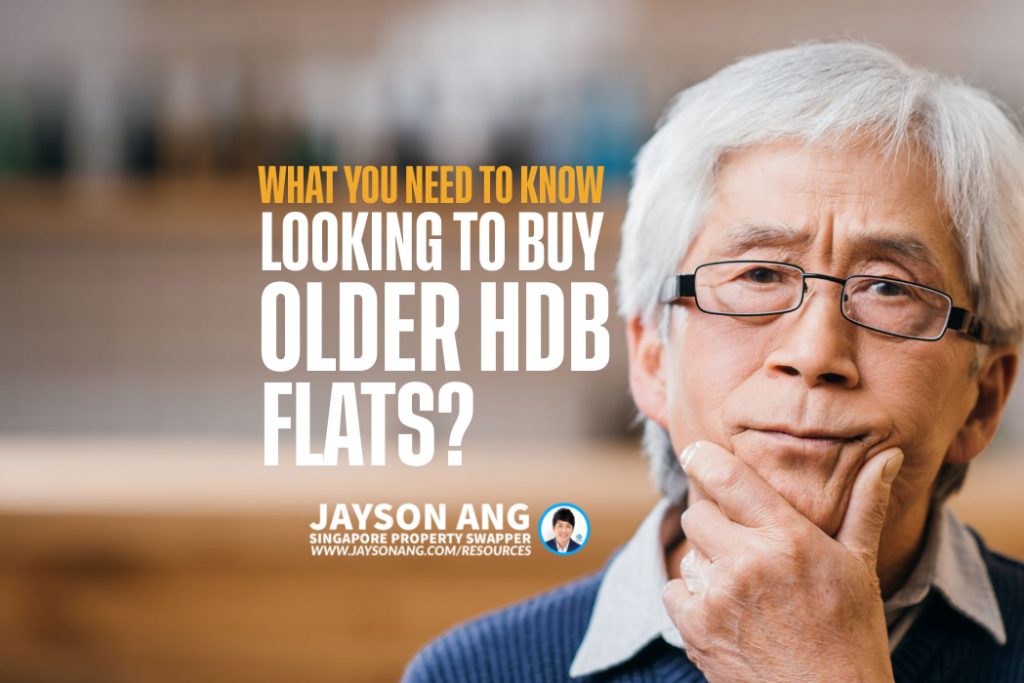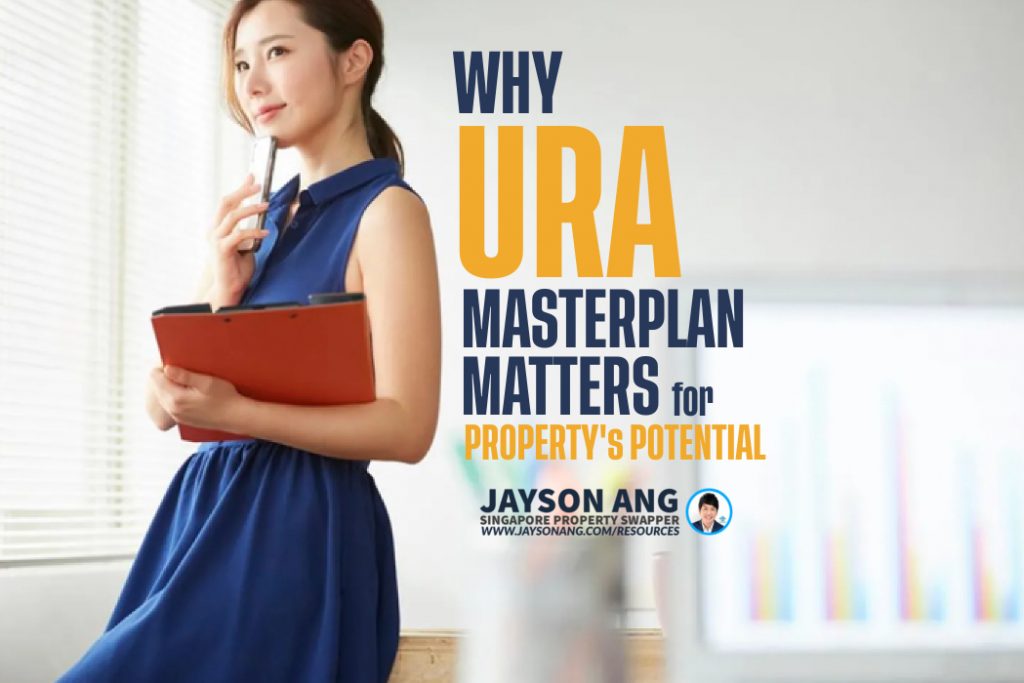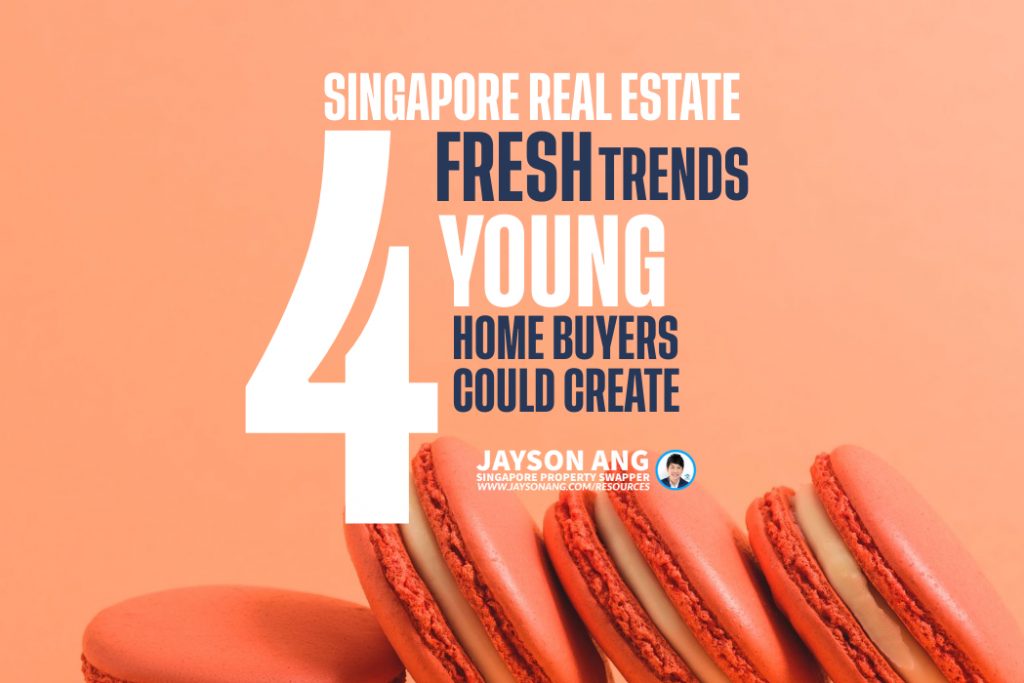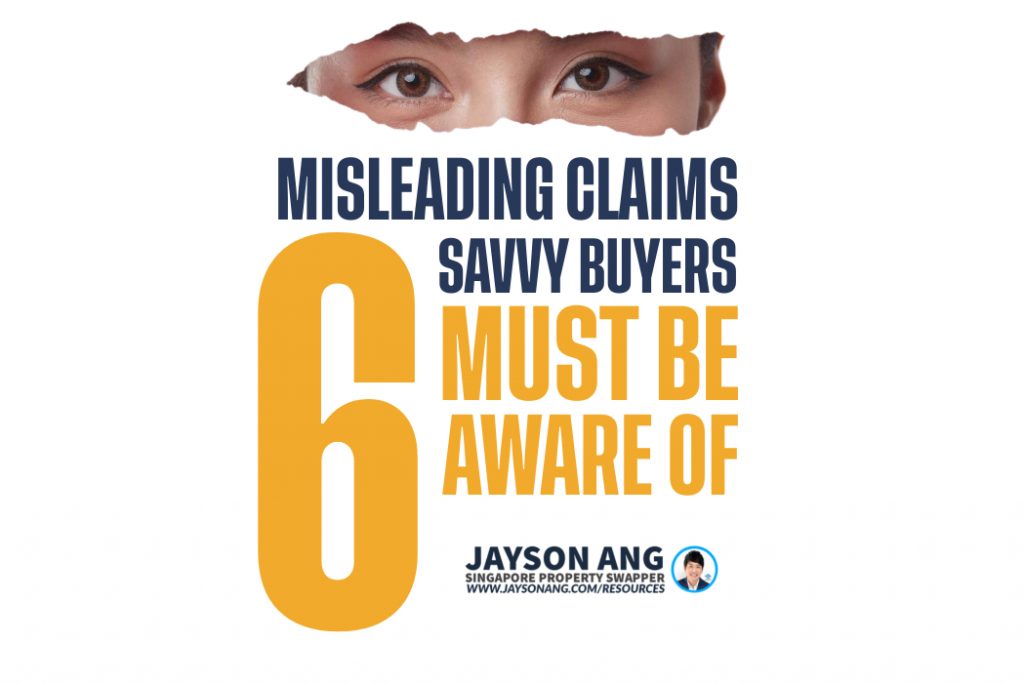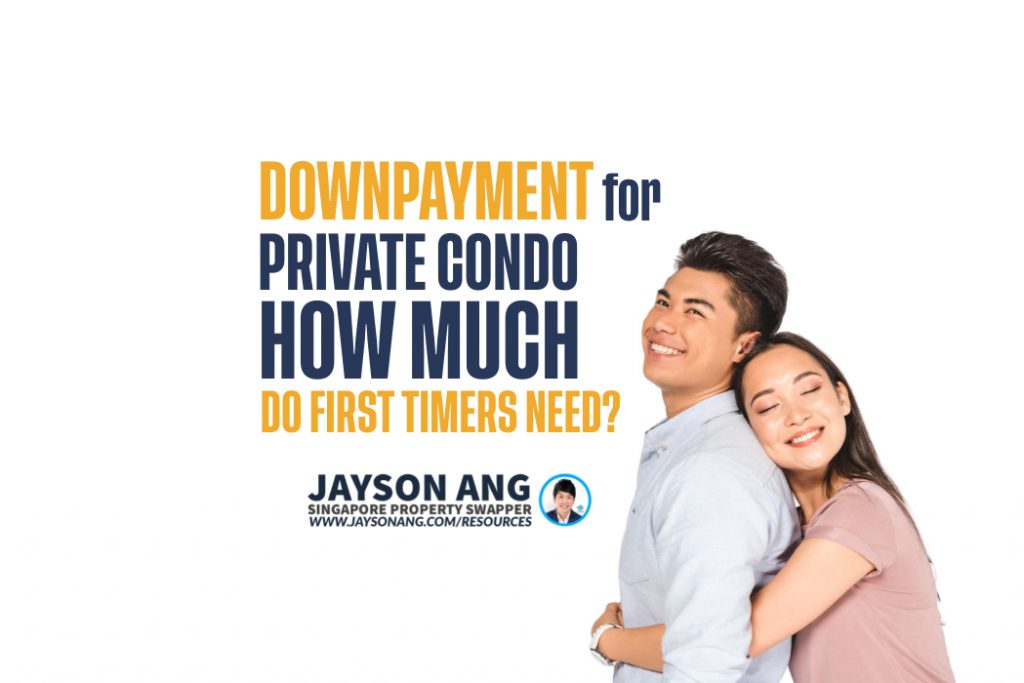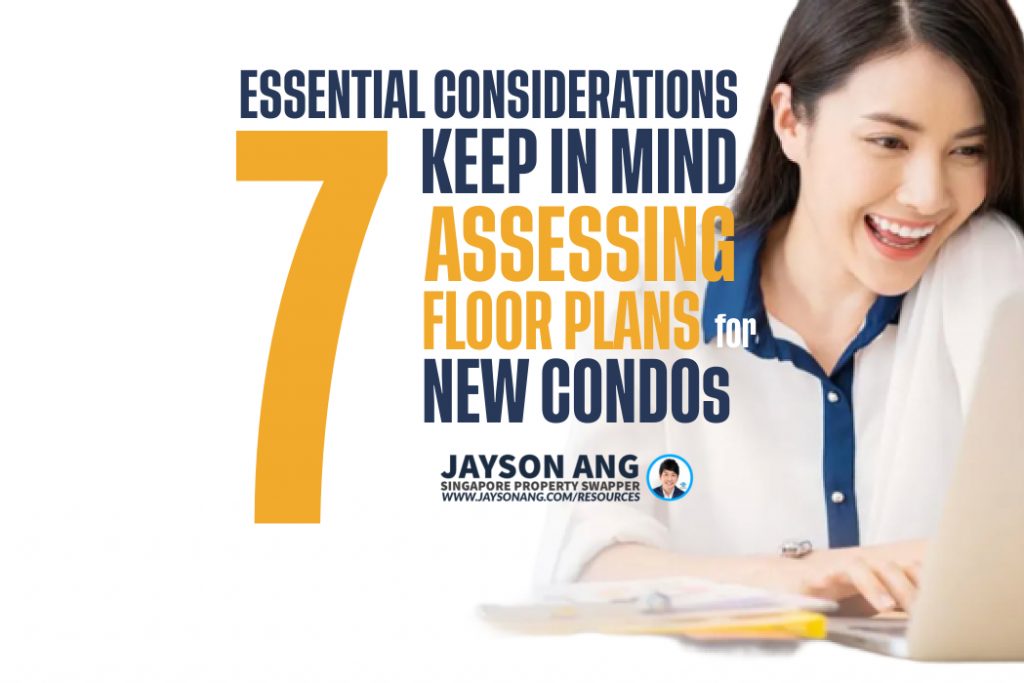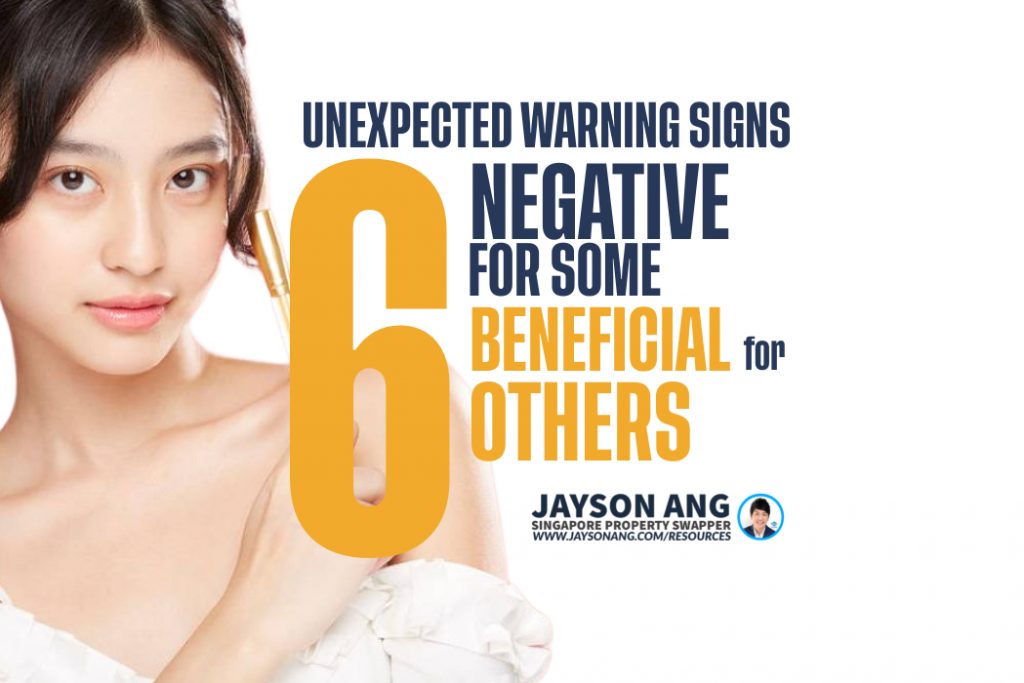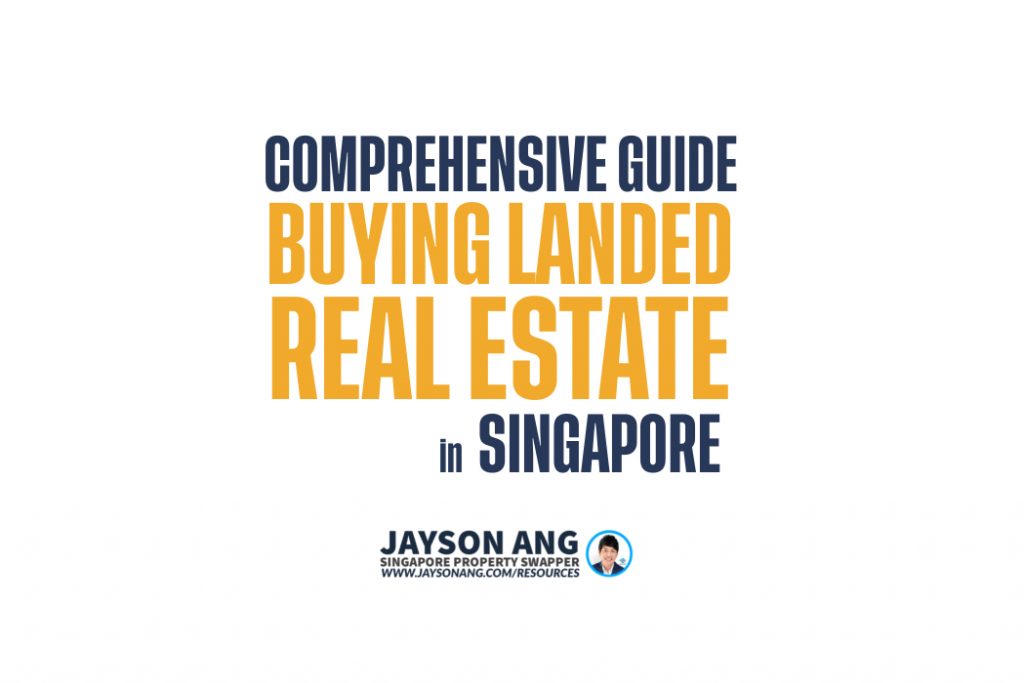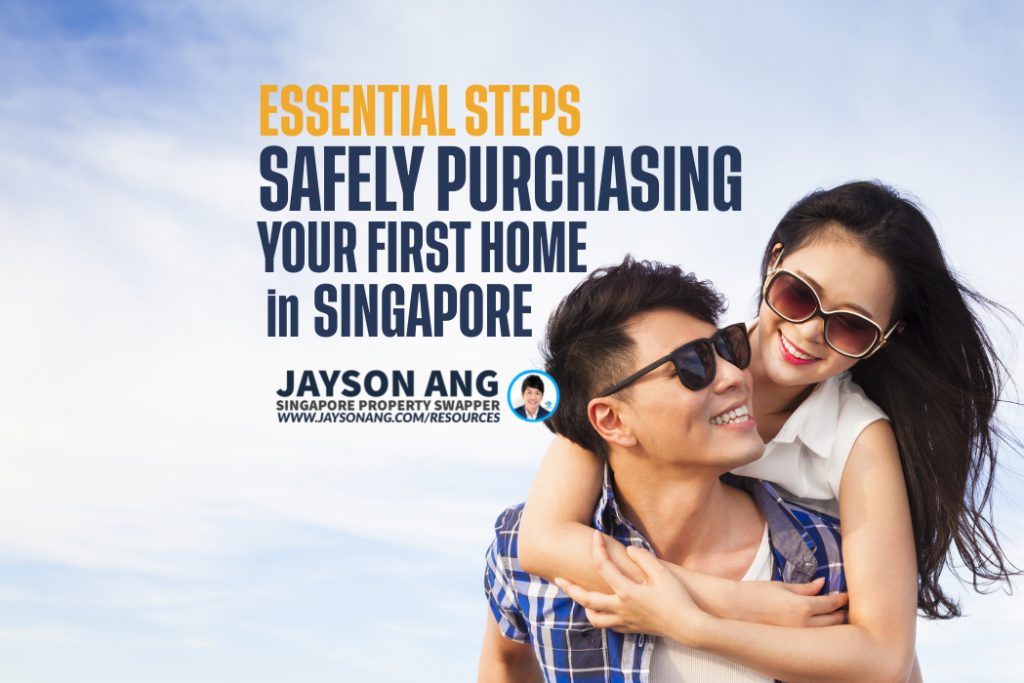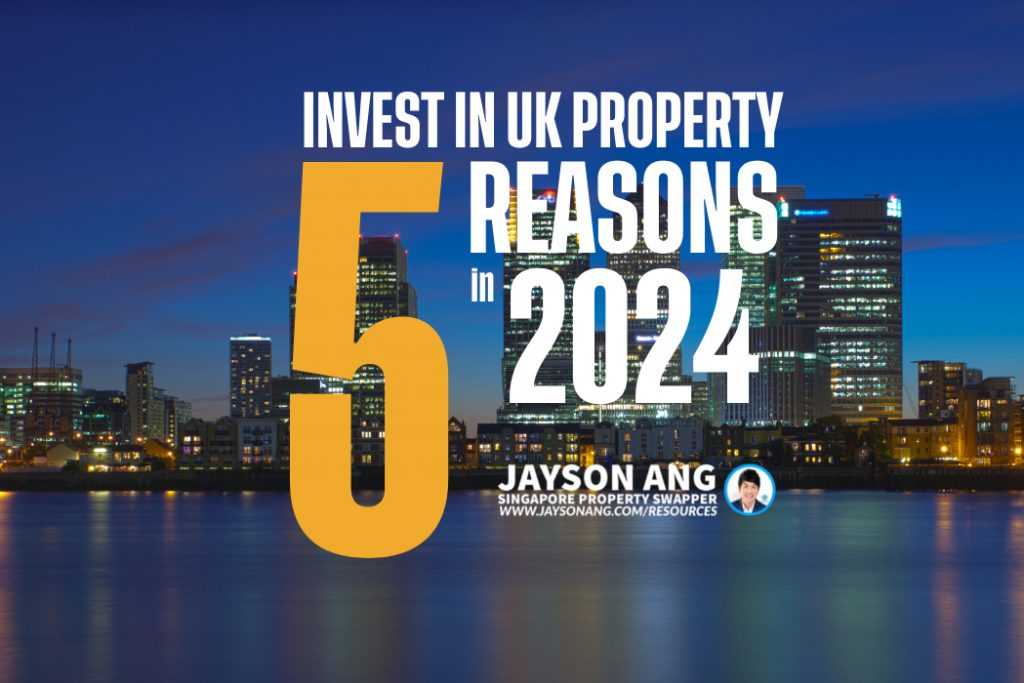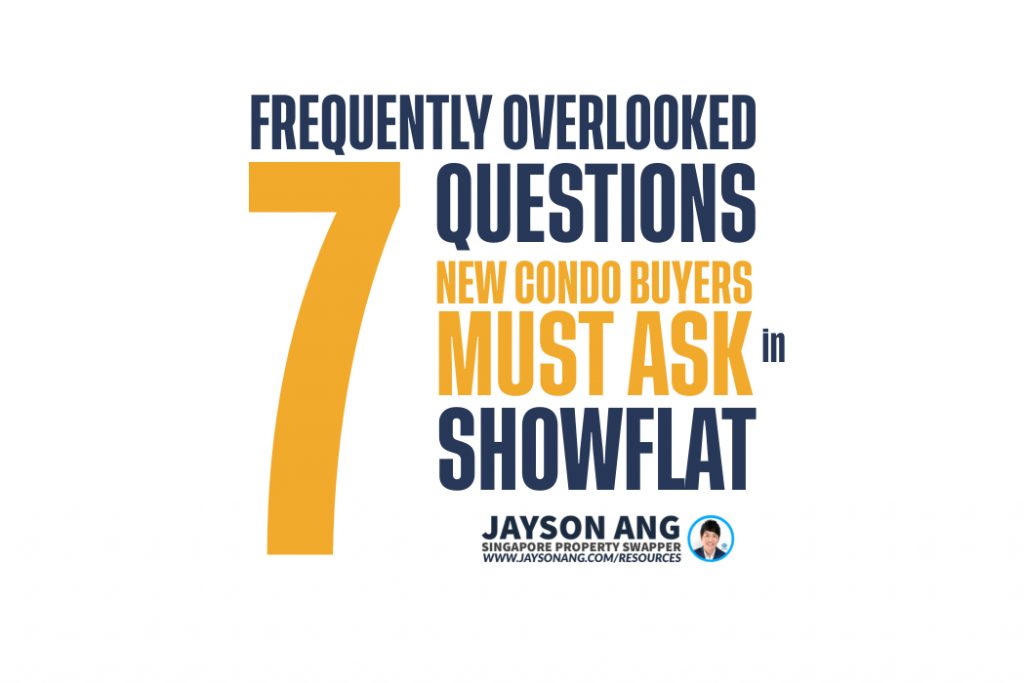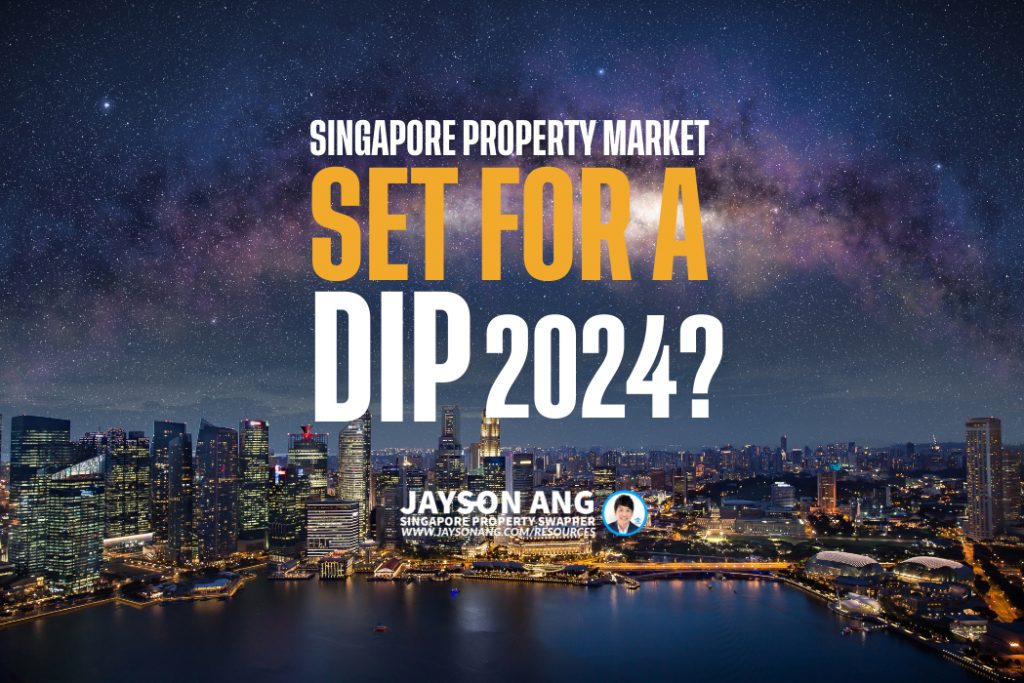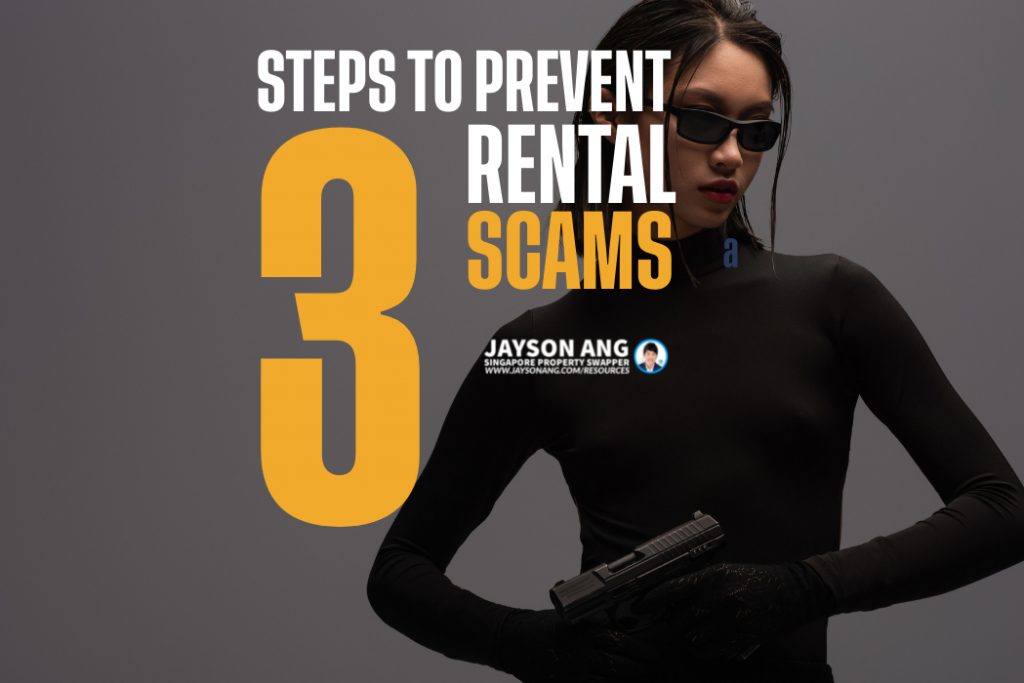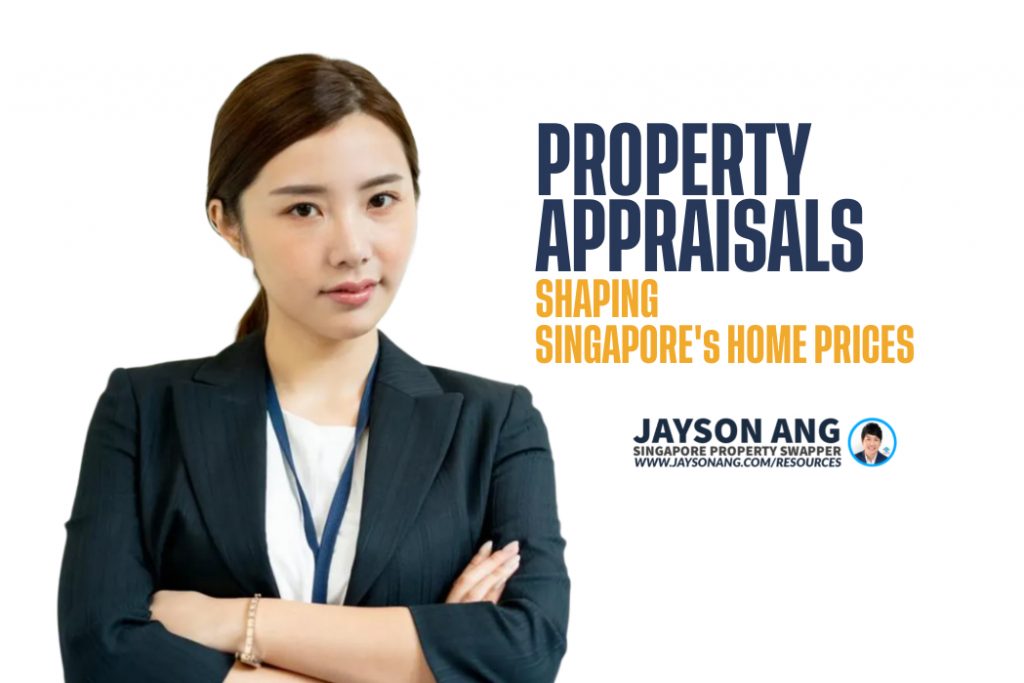TLDR
The blog post discusses the rules and regulations for foreign investors looking to purchase real estate in Singapore. It covers the types of properties foreigners can buy, including restrictions on public housing market purchases. Foreigners must also consider costs such as Buyer’s Stamp Duty (BSD) and Additional Buyer’s Stamp Duty (ABSD). The post emphasizes the importance of understanding Loan-to-Value (LTV) limits when applying for mortgages in Singapore. Overall, the strict housing governance in Singapore ensures a prosperous real estate market, attracting many foreign investors.
Despite the challenges posed by COVID-19, Singapore is still a highly sought-after destination for foreign real estate investments – 2021 being a prime example. According to the Business Times, real estate investments for the first half of 2021 almost doubled, totaling US$4.7 billion, with more than half of that being cross-border investors. If you’re a foreign investor looking to purchase real estate in Singapore, however, there are certain rules and regulations to consider.
Integrate these purchasing and selling guidelines with your risk tolerance, and you will have a more complete Singaporean real estate investment strategy. Enjoy the best of both worlds!
What Types Of Properties Can Foreigners Buy?
In Singapore, a “foreigner” is legally defined as:
- Anyone that is not a Singapore citizen
- Not a Singapore-based company
- Not a Singapore Society
- Does not have Singapore limited liability partnership
For Singaporean Permanent Residents, certain rules and regulations apply when it comes to buying certain types of properties. But, by meeting certain criteria, they may apply to become a Singapore Citizen, thus giving them the green light to purchase real estate in Singapore as a citizen! Moreover, foreigners are allowed to own properties in the country under the Residential Property Act; however, certain limits still remain as to the type of properties that they can own.
What Can Foreigners Buy In The Public Housing Market?
The Housing and Development Board (HDB) is the governing body of the public housing market, with certain restrictions when it comes to purchasing properties. Before making any decision, a few factors must be taken into account.
- Is the individual a Singaporean PR or a non-Singaporean PR
- Is the individual intending on buying property alone, or will they be buying jointly?
- If the foreigner(s) intend(s) to buy jointly, what is the residential statuses of each?
For Foreigners Buying Alone
Unfortunately, purchasing a HDB flat is out of reach for those without an SPR status. Nevertheless, they will still have the opportunity to acquire a privatised Executive Condominium (EC), which is essentially a hybrid development offering the same amenities as regular condominiums, yet at a more affordable price. In addition, these ECs must abide by HDB regulations such as the 5-year Minimum Occupancy Period, yet they are privatised after they reach the age of 10 years.
Though purchasing public housing as a single SPR isn’t an option, they can still take part in the ‘hybrid’ housing resale market – a perk that non-SPRs don’t have! Resale ECs that have met the 5-year Minimum Occupancy Period (MOP) are open to SPRs to purchase.
What’s a MOP?
The Minimum Occupancy Period (MOP) was introduced by the HDB not only for ECs, but also for public HDB flats, to deter those looking to take quick profits by “flipping” and reselling public and ‘hybrid’ housing units. This scheme has helped to ensure that HDB and EC prices remain reasonably low and ward off any profiteering in the market.
For Foreigners Jointly Buying Public Property
Couples or families in Singapore looking to purchase property together typically have access to more lenient regulations compared to those who are single; this goes for both local and international couples and families alike. Nevertheless, these regulations vary from one situation to the next.
Where both are non-SPRs,
- There are no additional privileges, as you are only allowed to obtain ECs that are more than ten years old
Where there is one SPR and another non-SPR
- Can obtain Privatised EC more than ten years old
(on top of being able to obtain resale ECs that have hit their 5 year – MOP).
Where both are SPRs
- they are allowed to obtain resale HDB flats provided that both had already held their permanent-resident status for more than three years.
(Under the Family or Fiance Scheme) - On top of resale ECs that have reached their MOPs, they may also obtain ECs more than ten years old.
In conclusion, here is a table displaying the limitations of foreign ownership of property in Singapore:
What Buying Opportunities Exist For Foreign Individuals In The Private Housing Market?
Regardless of their residential status in Singapore, be it SPR or non-SPR, foreign individuals will no longer face the same stringent limits when buying private housing.
Types of Singapore Properties Foreigners Can Buy
In order to regulate the landed property market, the government has established certain restrictions. Foreigners who wish to purchase landed property must gain approval from the Land Dealings Approval Unit, or alternatively, opt for a leasehold estate of not more than seven years with the possibility of renewing the agreement.
According to the Singapore Land Authority: Land Dealings Approval Unit:
Applicants are assessed on a case-by-case basis, taking into consideration but not limited to the following factors:
- You should be a permanent resident of Singapore for at least five years; and
- You must make exceptional economic contributions to Singapore. This is assessed taking into consideration factors such as your employment income assessable for tax in Singapore.
In addition to standard qualifications, foreign buyers are limited to residential properties no larger than 15,000 sqft and not located within a good class bungalow area. However, applicants interested in such properties will have to meet much more rigorous criteria.
The criteria for the purchase of Sentosa Cove is less stringent:
- For your own occupancy and that of your family, you must use the property only as a dwelling house, and not for leasing or any other purpose.
The only restriction imposed is that the property must not exceed 1,800 sqm.
Cost Involved In Purchasing Singaporean Real Estate
When purchasing property in Singapore, both local and foreign investors alike must take into account the associated costs. These fees can be inconvenient, especially when buying up property for investment, but they exist to maintain a healthy real estate market.
Buyer’s Stamp Duty (BSD)
When it comes to buying property in Singapore, foreign buyers should take note of the Buyer’s Stamp Duty (BSD), which is relatively low compared to other countries such as Australia or the UK. Here are the rates for the BSD:
Singapore Property Buyer Stamp Duty
By observing the rates displayed above, it is evident that the BSD is a progressive tax, not a flat tax. This means that the rates shown above are only applicable to the market value of the property acquired, rather than a flat tax where, for example, the BSD remains a constant percentage (e.g. 2.5%) regardless of the property’s value. To illustrate this further, let’s consider Charles, a British non-SPR wanting to purchase his first piece of Singaporean real estate – an 11-year-old EC apartment with a market value of S$1,500,000.
The person then has to pay a total of S$44600 worth of BSD, which is calculated as (S$180,000 X 1%) + (S$180,000 X 2%) + (S$640,000 X 3%) + (S$500,000 X 4%). To make it simpler, here’s how:
Estimate Singapore Buyer Stamp Duty
Don’t fret – the BSD remains a constant figure for all purchasers of real estate, irrespective of residential status.
Additional Buyer’s Stamp Duty (ABSD)
The Singaporean government imposed an Additional Buyer’s Stamp Duty (ABSD) in 2011 as a cooling measure for the real estate market in Singapore. For foreign buyers – particularly non-SPR buyers – this is something to take into consideration on top of the BSD. Updated rates for the ABSD have been released in December 2021 and are applicable as of February 2022; the current rates are as follows:
As an SPR:
- You are required to pay 5% ABSD on your first property.
- On your second property, you are required to pay 15% ABSD.
- On your third property onwards, you are required to pay 30% ABSD.
As a non-SPR:
- You must pay 30% ABSD on all properties you buy – a convenient table comparing ABSD rates between people of different residential statuses is shown below :
If our friend Charles, a non-Singapore Permanent Resident, intends to purchase a S$1,500,000 property in Singapore, he should be aware that he will have to pay an additional 30% ABSD of S$450,000 – not applicable to citizens residing in Iceland, Liechtenstein, Norway, Switzerland, and the United States.
Applying for Mortgages in Singapore
When entering the real estate market, both Singaporeans and foreigners alike can take advantage of mortgages; however, regulations such as Loan-to-Value (LTV) limits must be taken into account.
What are Loan-to-Value (LTV) limits?
When taking out a mortgage loan to purchase real estate in a free market, it may be possible to obtain financing that covers the full value of the property. Nevertheless, lenders can be prone to increased risks by taking on mortgages they may not be able to repay in the long run. The loan-to-value ratio can be employed to strike a balance, as lenders may provide a joint capital contribution to the property, thus lessening their risk exposure, while still being attractive to investors.
At the present moment (December 2022), the maximum Loan-to-Value (LTV) ratio for commercial mortgages stands at 75%. Nonetheless, different factors can affect this figure; for instance, age, the size, location, and age of the real estate being purchased, and the number of properties already owned by the borrower. Generally speaking, the older the borrower, the lower the LTV cap; so, a first-time homebuyer in Singapore will usually have access to a higher LTV limit than an experienced investor.
Other Fees And Costs
When acquiring property in Singapore, you must factor in additional fees such as the BSD, ABSD, and LTV. Conveyancing fees range from $250 to $6,000 depending on the legal services you require. If you choose to enlist the help of a real estate agent, be prepared to pay around 2% of your property’s valuation as commission fees. However, when purchasing private properties, you can usually dodge the commission since it is split between the sale and buying agents.
To Buy Or Not To Buy
Singapore’s housing governance may be quite strict, but this ensures the housing market continues to be prosperous year after year, attracting many foreign real estate investors. Are you a foreign investor looking to buy a property in Singapore?
Reach out to me and I’ll be glad to provide guidance.
You May Also Like …

